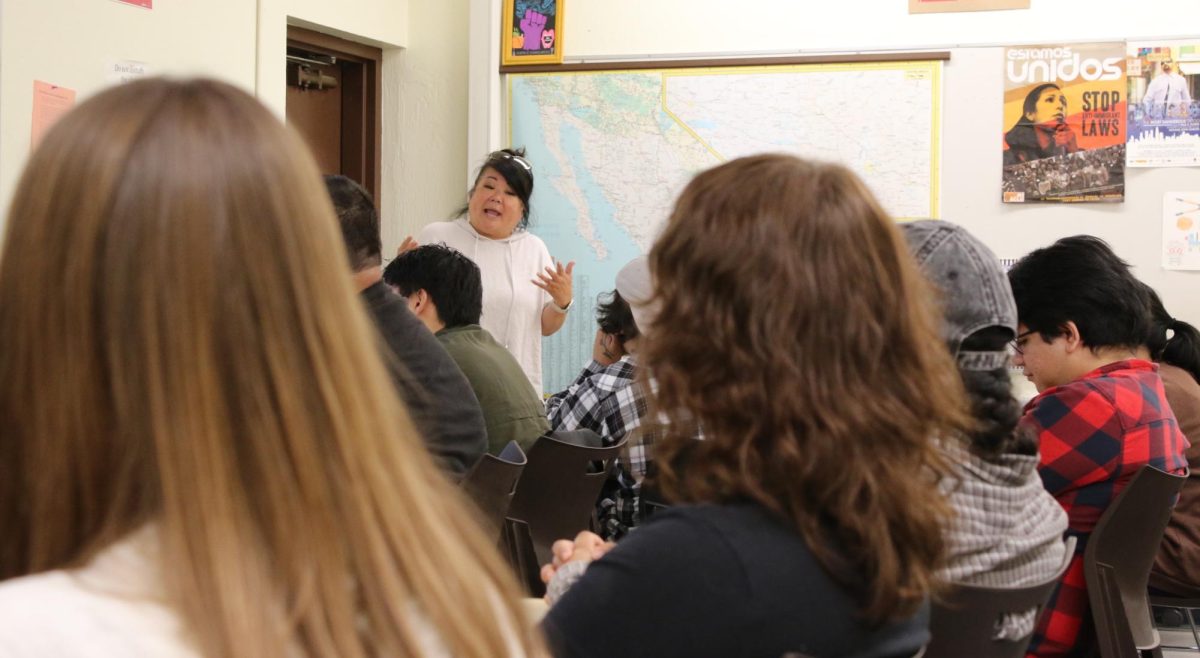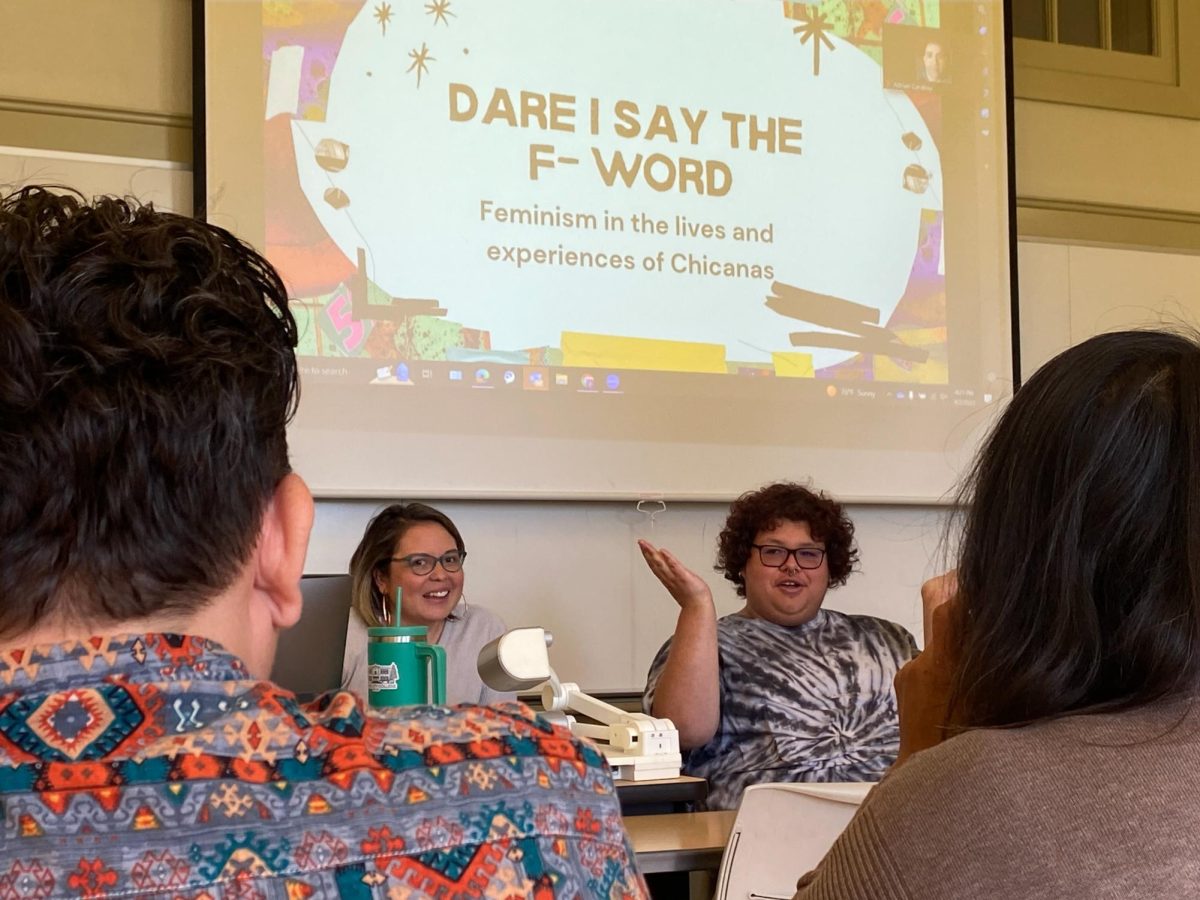Sweeping changes are coming to California’s community colleges starting in the fall semester of 2014. These changes affect priority registration — who is ahead of the line and who isn’t.
Linda Michalowski, Vice Chancellor for Student Services and Special Programs at the California Community Colleges Chancellor’s office, advises students to begin preparing for the changes while it is still a year away.
“Those students who face being put in the back of the line will now have plenty of time to make adjustments to their educational plan and experience a successful outcome in their academic pursuits,” Michalowski said.
The new changes follow “tiers of priority established in Education Code” and Board of Governors’ mandates, said Daniel Clark, Region 5 senator for the Student Senate of California Community Colleges.
“State law states that Veterans and Foster Students get priority registration due to their status,” Clark said. “The second tier of students is Disabled Students Program and Services and Extended Opportunity Program and Services. The Board of Governors mandates their priority status. The next tier is governed within each of the 72 districts and this privilege is extended to athletes, note takers or those in student government.”
Such changes are a result to a vote to change certain language within Title 5, the California Code of Regulations. The vote and approval was made by the California Community Colleges board of governors, according to Fresno City College Vice President of Student Services, Chris Villa.
“The board of governors, after significant consultation with multiple constituent groups statewide decided to vote and approve changes to title five that have to do with enrollment priorities,” said Villa.
These changes are not entirely new to FCC. President Tony Cantu said that the college has been implementing some of these policies already and is not affected by some of the changes.
“The military and the foster, that’s in there,” said Cantu. “The DSPS and EOPS have always had priority registration, so those are not that new for us.” New changes will be coming to FCC, though. Unit accumulation will no longer be grounds for priority registration.
There will be a 100- unit cap that students must heed. Students who meet that number of units will lose their priority registration.
“Just because you have accumulated units doesn’t mean that you will have priority,” said Cantu.
Alongside the unit cap will be a mandate of good academic standing. The goal is to have students on track instead of taking excess units.
“You have to be in good standing. You can’t be on academic probation more than two semesters,” said Cantu. “Now there are some things put into place so that you’re not automatically registering and taking classes, taking classes and taking classes.”
Students may not be on “progress probation” for more than two consecutive terms as well, said Michalowski. Progress probation occurs when a student reaches a point of stagnation in the progress toward their stated degree or transfer program.
As students register for classes, their academic progress will be taken into account. Students will be looked at more closely as they register for classes. “How close are they to completing their stated goal or to transfer?” said Cantu.
An issue that came to light during the changes was a lack of legislation supporting priority registration for DSPS and EOPS students. However, AB 595, a new bill sponsored by Assemblyman Gomez, mandates that EOPS students will get the same benefits.
However, Cantu states that while these groups are not at the top of the priority, they are included in the language of the education code.
“In the language that I have seen, DSPS and EOPS are always included, just not at the top,” said Cantu.
Priority registration has also been used as an incentive for students to take notes for other students involved in the DSPS program as well as being given to athletes. There has been a recommendation to remove the opportunity for note takers. However, Villa said that whatever recommendations have been made are only recommendations at this point.
“We do have a task force that is addressing that issue. The task force has come up with some recommendations but those recommendations cannot be implemented without consultation with the district because we are a multi-college district. Reedley and Willow are included. So, those recommendations are on hold,” Villa said.
These recommendations can only be put into place after a district wide meeting to discuss the potential changes, according to Villa.
“We need to have a district wide conversation and an entity to determine who or how we will pursue this issue of providing priority enrollment opportunity to students,” Villa said.
Michalowski states that these changes are being put in place to ensure that there is room in the community college system for all who wish to obtain an education, advance in their careers, prepare to transfer and obtain basic job skills. Identifying educational goals ahead of time and beginning with a plan is a sure way to succeed.
“We know that students are more likely to be successful if they get off to a good start by receiving orientation to the college, assessment to get them into the right classes, and if they have an education plan,” said Michalowski. “We want to make sure that students have good advice and support services from the beginning of their college experience. In turn, we want students to succeed in their classes and progress toward their goals.”






